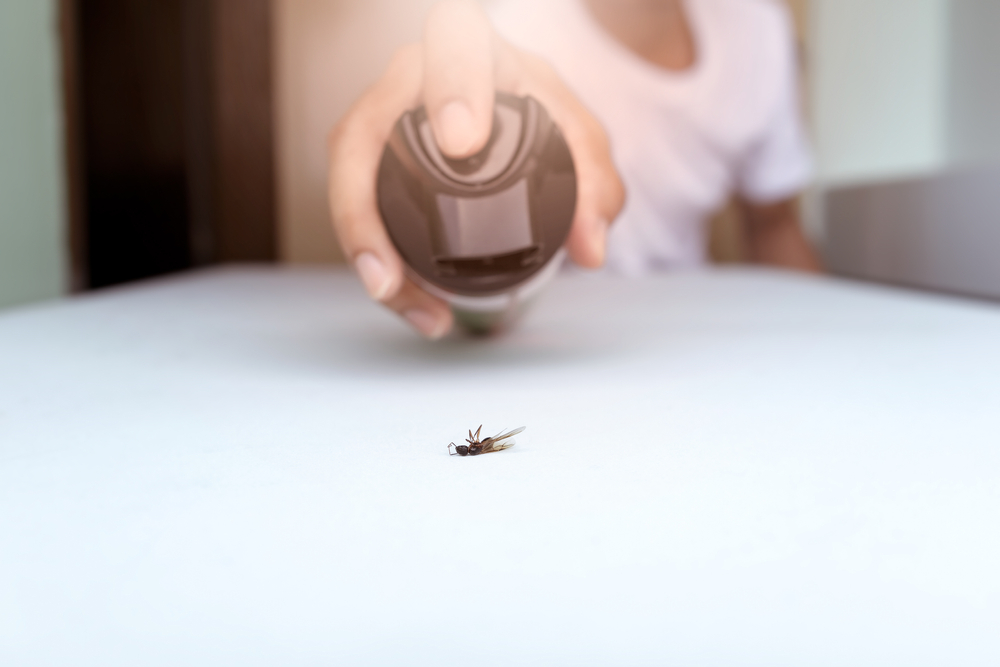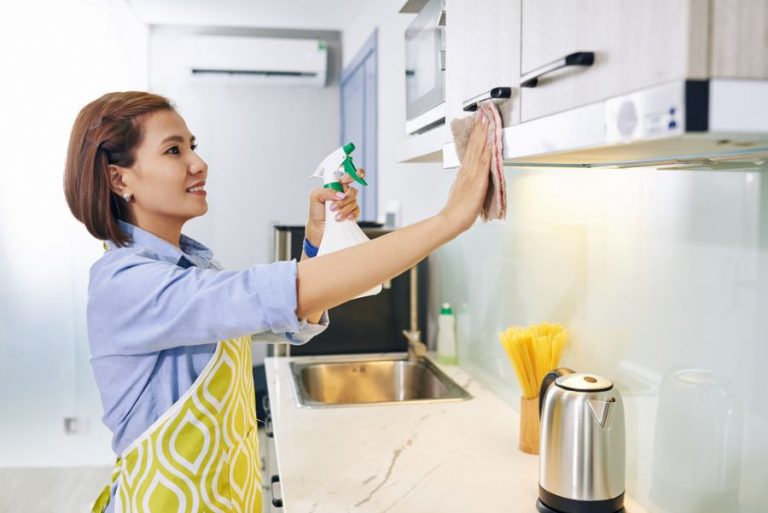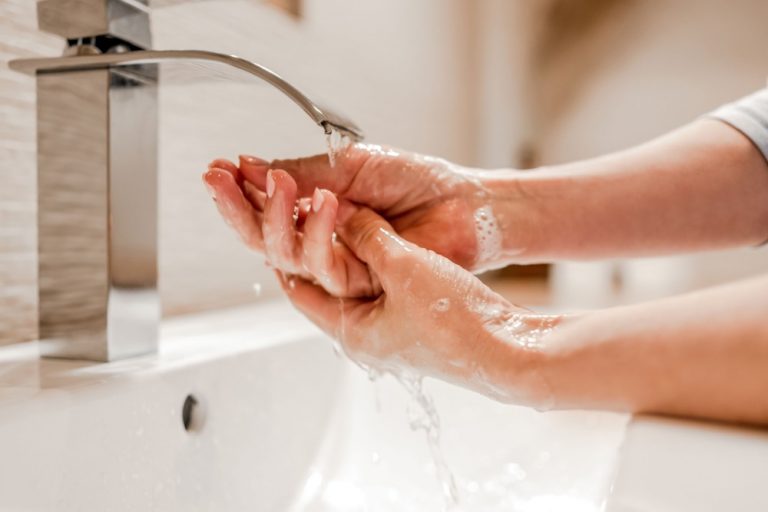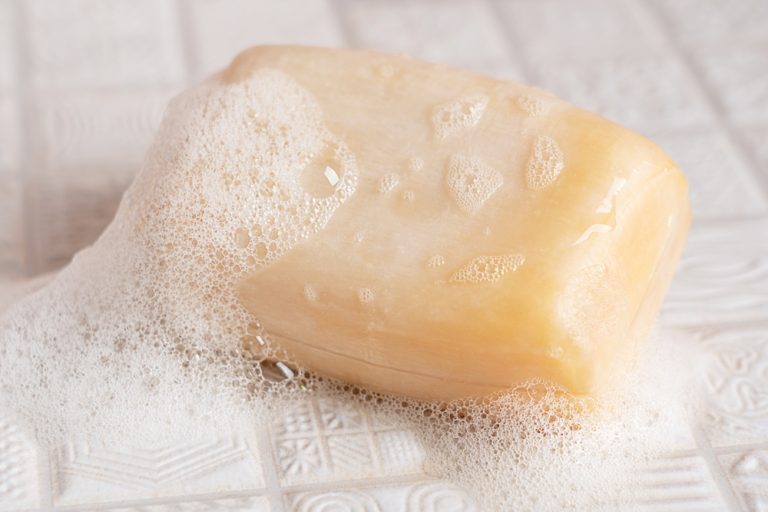Is Bug Spray Harmful to Humans? 4 Tips for Safe Use
When it comes to keeping our homes free from pests, many of us may wonder if indoor bug spray is safe for humans and pets. This concern is common, as we all want a clean, bug-free home without compromising the health of our loved ones.
It’s also important since the climate of the Philippines creates a breeding ground for pests like mosquitoes;, making infections like dengue a significant health concern. Given this, having effective bug control measures is essential for healthy Filipino families.
In this article, we’ll look into the safety of using bug sprays indoors, focusing on how to protect your family while effectively managing pests. Understanding the potential risks and learning the best practices for using bug sprays can make a significant difference in keeping a safe and comfortable home environment.
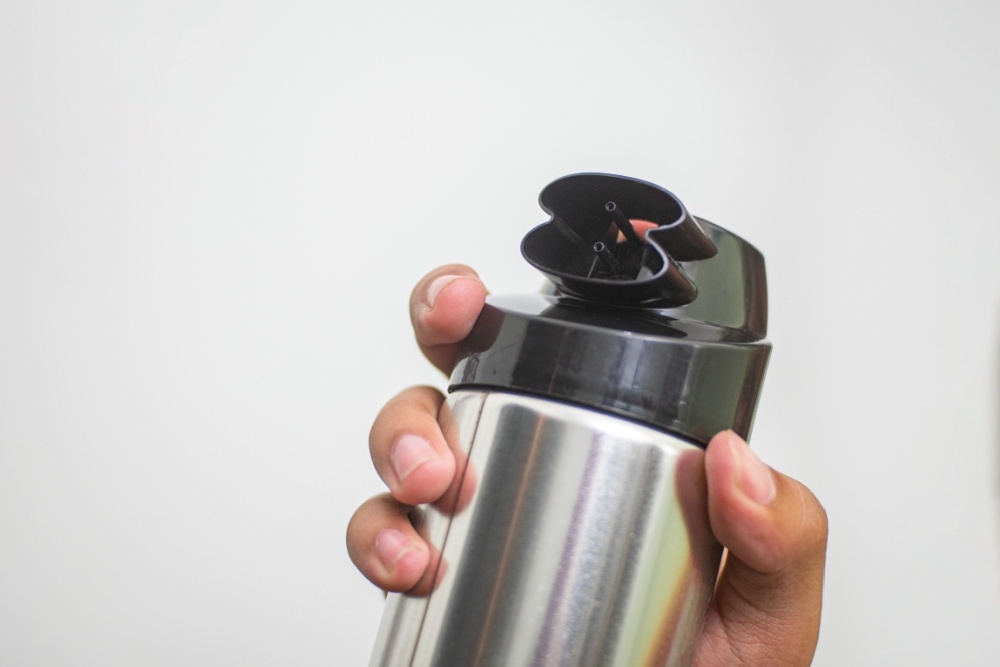
What Is Bug Spray Made Of?
Insecticide sprays or bug sprays are formulated with active ingredients designed to eliminate pests effectively. While insect repellents contain ingredients like DEET (N,N-diethyl-meta-toluamide), insecticides use a different class of chemicals to kill or incapacitate insects. Usually, the most common active ingredients in bug sprays come from a family of chemicals known as pyrethroids.
Pyrethroids are synthetic versions of natural insecticides found in chrysanthemum flowers. For centuries, people have relied on chrysanthemums, or mums, for their powerful insect-repelling properties—making them one of the most widely used natural insecticides even today.
Modern science has since refined this by creating more potent and longer-lasting synthetic versions of pyrethroids. Bug sprays with pyrethroids are fast-acting and provide effective pest control, targeting the nervous systems of insects to eliminate them quickly.
Knowing what’s in your bug spray is the first step in ensuring safe usage, especially indoors. Always check the label to understand the potential risks and benefits of the ingredients used.
Are Bug Sprays Safe?
Using bug spray indoors may come with certain risks, particularly if the product contains strong chemicals. These risks include:
- Health Hazards: Prolonged exposure to certain insecticides can lead to respiratory issues, skin irritation, or more severe reactions in those with pre-existing health conditions.
- Environmental Impact: Chemical bug sprays can contribute to indoor air pollution and, if not used properly, can contaminate surfaces like countertops, toys, and bedding.
It’s important to recognize these risks and take appropriate precautions when using bug sprays indoors.
Making Indoor Bug Spray Safe for Humans and Pets
Having discussed the potential risks of using bug sprays indoors, it’s clear that safety must be a top priority to protect both people and pets. With the right products and careful application, you can effectively manage pests without compromising the health of your loved ones.
To ensure the safe use of bug sprays indoors, follow these best practices:
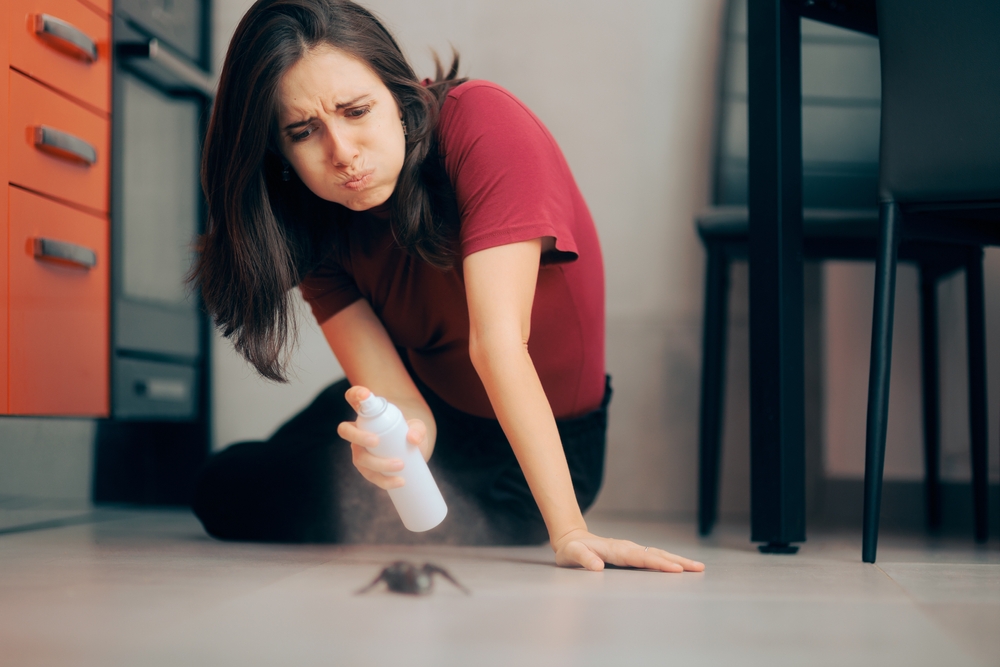
1. Do not spray directly at people or pets: Aim directly at pests like bugs or insects for the most effective result. For areas where pests are likely to hide, such as corners, baseboards, and entry points, spray cautiously while maintaining a safe distance from your family and pets.
2. Leave the treated area for 30 minutes: After applying the spray, give the aerosols time to settle before re-entering the space. This reduces the risk of inhaling or coming into contact with bug spray chemicals.

3. Ventilate the area before reoccupying: Before re-entering the room, open windows or use fans to help clear the air of any residual spray.
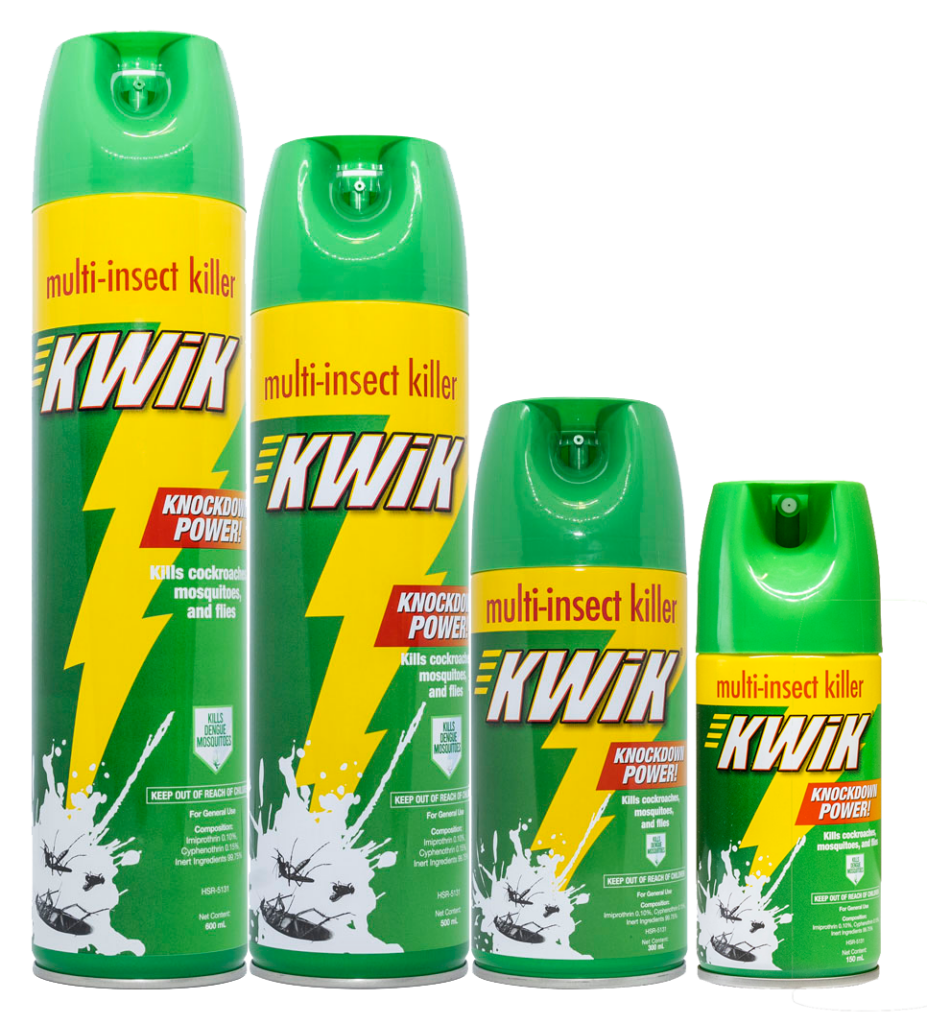
4. Refer to product packaging for more info: Each product comes with specific instructions and safety guidelines. Always read and follow these carefully to ensure safe and effective use.
You can also opt for water-based bug spray options such as the variant offered by Kwik Insect Killer. Its fine mist spray is particularly useful in sensitive areas like bedrooms and dining rooms, and it works efficiently without leaving a lingering smell.
While Kwik offers a range of different products, it’s important to follow the same safety precautions—ensure proper ventilation, and avoid spraying directly at people or pets. Kwik Insect Killer sprays are safe around children and pets when used as directed, providing effective pest control with peace of mind.
Choose Smart and Safe Practices for Indoor Pest Control
Ensuring the safe use of indoor bug spray for humans and pets is essential for protecting your loved ones. It’s important to adhere to safety guidelines, such as ventilating the area after application and avoiding direct contact with people or pets.
By following the recommended guidelines, you can create a clean, comfortable, and safe environment for everyone in your household. Remember, effective indoor pest control is not just about the right product, but the right practices. For more information on Kwik’s product offerings, visit our product page and discover how we can help you keep your home pest-free!

